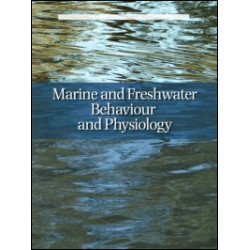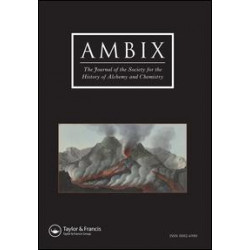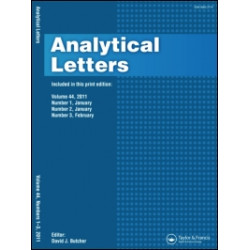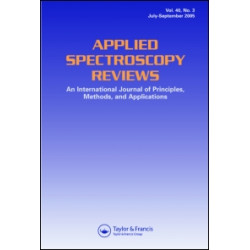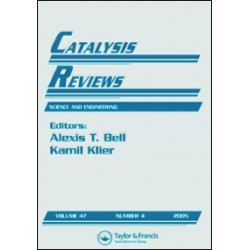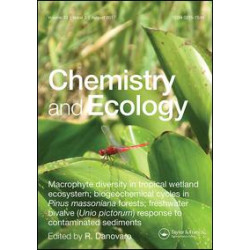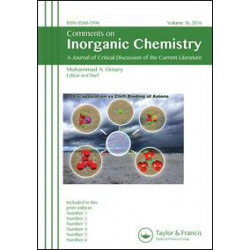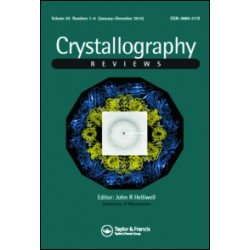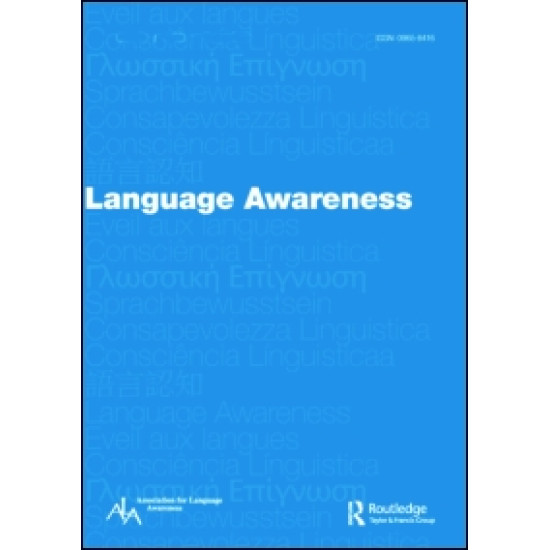
Ranking: 67/181 (Linguistics)
© 2018 Thomson Reuters, 2017 Journal Citation Reports
Language Awareness encourages and disseminates work which explores the following: the role of explicit knowledge about language in the process of language learning; the role that such explicit knowledge about language plays in language teaching and how such knowledge can best be mediated by teachers; the role of explicit knowledge about language in language use: e.g. sensitivity to bias in language, manipulative aspects of language, literary use of language. It is also a goal of Language Awareness to encourage the establishment of bridges between the language sciences and other disciplines within or outside educational contexts.
Language Awareness is an international forum for the reporting and critical discussion of language awareness research and practice, and for the building and development of relevant theory. The journal is open to contributions from a broad range of research approaches: qualitative and quantitative, established and innovative. It welcomes work dealing with a wide variety of languages and international contexts.
The journal operates with a broad definition of language awareness. It embraces critical perspectives and consciousness-raising, extends to literary awareness, and integrates awareness of other (i.e. non-linguistic) areas of human communication. As a general guide, papers tend typically, but not exclusively, to fall within the following areas:
- Exploration of the means to develop one's language awareness and evaluation of the benefits to be derived from so doing, whether through metalinguistic introspection and reflection or through mediated explicit knowledge about language and conscious understanding of how languages work, of how people acquire, learn and teach languages, how they use them and are influenced by them.
- Investigation and critical understanding of the beliefs and attitudes about language, and the effects these have on language use, learning, and teaching, and their effects on the conduct of people's everyday lives and their interpersonal and intergroup relations.
Papers may consider aspects of language awareness across the lifespan, from earliest development in children through to the elderly. They may focus on a wide range of contexts, including all levels and types of educational and training settings, all types of communication-sensitive professional fields (e.g. law, health, counselling, politics, marketing), as well as communication in wider communities and cultural settings, and relating to salient social issues such as ageism, racism and sexism. Contributors should not feel restricted by existing disciplinary boundaries, especially where their work seeks to build innovative and symbiotic bridges between language and communication sciences and other disciplines within or outside the educational context.
The journal invites submissions of the highest academic and professional quality. Papers are peer reviewed anonymously by a minimum of two experts.






